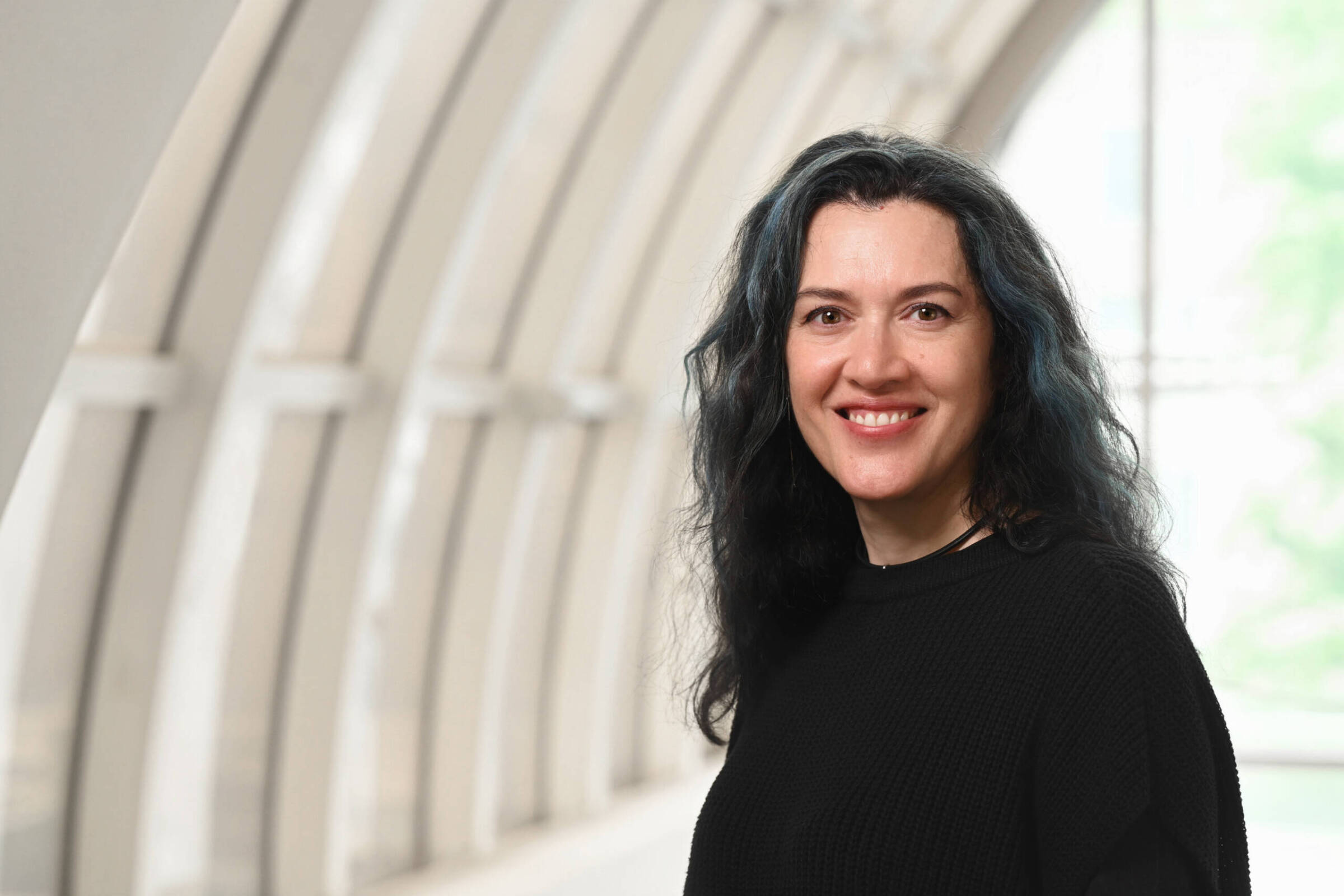Wiley Prize in Biomedical Sciences awarded to Mike Young and colleagues
Michael W. Young, Richard and Jeanne Fisher Professor and head of the Laboratory of Genetics, has been awarded the twelfth annual Wiley Prize in Biomedical Sciences along with his colleagues, Jeffrey Hall and Michael Rosbash of Brandeis University. The researchers are being honored for their discovery of the molecular mechanisms governing circadian rhythm.
This is the fourth major award Young and his colleagues have received in the past two years, including the Massry Prize, the Canada Gairdner International Award (Rockefeller’s Jeffrey V. Ravetch was also a recipient) and the Louisa Gross Horwitz Prize from Columbia University.
 The Wiley Prize recognizes contributions that have opened new fields of research or have advanced novel concepts and applications in a particular biomedical discipline, putting an emphasis on researchers who demonstrate significant leadership and innovation. Young, Rosbash and Hall will be presented with the award, which includes a $35,000 prize, on April 5 at The Rockefeller University.
The Wiley Prize recognizes contributions that have opened new fields of research or have advanced novel concepts and applications in a particular biomedical discipline, putting an emphasis on researchers who demonstrate significant leadership and innovation. Young, Rosbash and Hall will be presented with the award, which includes a $35,000 prize, on April 5 at The Rockefeller University.
Studies of the molecular basis for circadian rhythmicity began in the early 1980s. Over the past three decades the work of the three investigators has focused on the fruit fly Drosophila melanogaster. Young, Hall and Rosbash simultaneously cloned the period (per) gene of Drosophila, a pivotal discovery that led to subsequent studies from all three labs unmasking the general molecular mechanism for circadian clocks: a transcriptional feedback loop that oscillates during the 24-hour cycle. Their research has shown that the fly’s circadian clocks are formed through the actions of a small group of genes. Recently research in the Young laboratory has looked at circadian rhythms at the genetic and molecular levels in humans with certain sleep and depressive disorders.
“The molecular network discovered by these researchers imparts cyclic behavior to many biological processes including sleep and wakefulness, metabolism and even the response to drugs,” says Günter Blobel, chairman of the awards jury for the Wiley Prize and John D. Rockefeller, Jr. Professor of Cell Biology at The Rockefeller University.
“The Wiley Prize is a great honor, and Mike is highly deserving of it,” says Marc Tessier-Lavigne, president of The Rockefeller University. “His work has contributed immensely to our understanding of what controls the patterns of sleep and wakefulness. The timing of gene activities affects not only sleep but also mood, visual function, locomotion, metabolism, learning and memory. Mike’s research has broad implications for individuals suffering from dysfunctions of this delicate system.”
Young received his undergraduate degree in biology in 1971 and his Ph.D. in genetics in 1975, both from The University of Texas, Austin. Following postdoctoral work in biochemistry at the Stanford University School of Medicine, he was appointed assistant professor at Rockefeller in 1978 as part of The Rockefeller University Fellows Program and was named associate professor in 1984 and professor in 1988. He was named the university’s vice president for academic affairs and Richard and Jeanne Fisher Professor in 2004. He is a member of the National Academy of Sciences and a fellow of the American Academy of Microbiology.
The Wiley Foundation and the Wiley Prize in Biomedical Sciences were established in 2001 to acknowledge the contributions of the scholarly community to the Wiley company’s success. Wiley, founded in 1807, is a global provider of content in areas of scientific, technical, medical, and scholarly research, professional development, and education. Two other Rockefeller researchers have received the Wiley Prize — Thomas Tuschl in 2003 for his research on small interfering RNA, and C. David Allis in 2004 for his studies of transcription factors in modifying histones to regulate gene activity.


